Is CAVA Halal (What You Should Know About The Restaurant, Meat, And Chicken)
Advertisements
CAVA is an up and coming fast casual restaurant chain serving Greek food and other Mediterranean specialties like pita bread, tzatziki, hummus, braised lamb, and much more. The chain is quickly growing in popularity and expanding across the United States with locations in over 15 states!
Is Cava halal? In this article and guide, we’ll highlight whether CAVA is halal or haram in Islam. Want to learn more about the halal status of CAVA’s foods? Continue reading to find out.
Is CAVA Halal?
No, some CAVA foods are not halal. This fact is adopted from CAVA’s official twitter account. According to Cava’s website, their halal-only meat is braised lamb.
Is CAVA Meat Halal?
Yes, some meat at CAVA restaurant are halal. The staff of this restaurant has verbally confirmed their halal status. According to their social media accounts, ONLY the braised lamb is zabihah halal.
CAVA shares this message on their Twitter page:
Advertisements
The meat in our braised lamb is certified halal. While the spices used in the braised lamb are not certified halal, none of the ingredients violate halal requirements.
Read also Is CBD Halal? What You Need To Know

Is CAVA Chicken Halal?
No, currently Cava chicken is not halal. They have confirmed that the only certified halal meat in their restaurants is braised lamb.
Sulaiman reached out to Cava and they said while only their braised lamb is obtained from Halal suppliers they cannot make any claims on Zabihah certification at this time.
Although their workers seem quite careful to avoid cross-contamination, there’s always a possibility to worry about.
Advertisements
The good news is even if you want to avoid all the meats they have, a ton of vegetarian options that taste great are available. You could also find their hummus and Tzatziki sauces in supermarkets across the country.
Notes: If there are points which bring about alot of doubt due to their halal status one must abstain from such restaurants. Especially when our lives don’t depend on these restaurants.
A Muslim leaves that which is doubtful and holds on to the doubtless. One must be very careful of that which he consumes for the acceptance of his du’aas rely upon the things that he consumes.
We should try and stay away from all doubtful and Haraam things in any quantity, small or big.
The Prophets were ordered by Allah in the Qur’an to consume only Halaal. If we consume Haraam or doubtful things then this has a big effect on our actions and our prayers are not answered.
May Allah open our hearts, save us from Haraam and give us the Tawfeeq to accept the Haqq (truth). Ameen
What Is Consider Halal In Islam?
According to the Muslims in Dietetics and Nutrition, a member group of the Academy of Nutrition and Dietetics, Halal food can never contain pork or pork products (including gelatin and shortenings) or alcohol.
Halal animals must be slaughtered by hand, not by machine, by a Muslim who says Bismillah. The animal’s blood must drain completely after it is killed because Muslims who eat Halal do not consume fresh blood of animals.
If those slaughtering the meat are from the People of the Book, namely Jews and Christians, it is permissible to eat it, and it is not appropriate to ask as to how it was slaughtered or whether they mentioned Allah’s name over it or not.
That is because the Prophet (blessings and peace of Allah be upon him) ate the lamb given to him by a Jewish woman in Khaybar, and he ate the meal to which a Jewish man invited him, and it contained rendered fat, but the Prophet (blessings and peace of Allah be upon him) did not ask how they had slaughtered it or whether they had mentioned Allah’s name over it.
In Saheeh al-Bukhari it is narrated that some people said to the Prophet (blessings and peace of Allah be upon him): Some people bring us meat, and we do not know whether the name of Allah was mentioned over it or not. He said:
“Say Bismillah over it yourselves and eat it.”
Aa’ishah (may Allah be pleased with her), who narrated the hadith, said: They had only recently become Muslim.
These hadiths indicate that it is not appropriate to ask about how the slaughtering was carried out if the person who carried it out is qualified to do so.
This highlights the wisdom of Islamic teachings and how Islam makes things easy for people, because requiring people to find out whether conditions are met even if the person who performed the action is qualified would cause a great deal of difficulty and hardship, and Islam would become a religion of hardship and difficulty.
However, if the meat came from a foreign country where the slaughterers are people whose meat is not permissible to eat, such as Zoroastrians and idol worshippers, and those who do not follow any religion, then it is not permissible to eat it, because Allah, may He be exalted, has not permitted the meat of any non-Muslims except those who were given the Book, namely the Jews and Christians.
If we are uncertain as to whether the slaughterman was one whose meat is permissible or one whose meat is not permissible, then that is not a problem [i.e., if most of the people in that country are those whose meat is permissible].
Advertisements

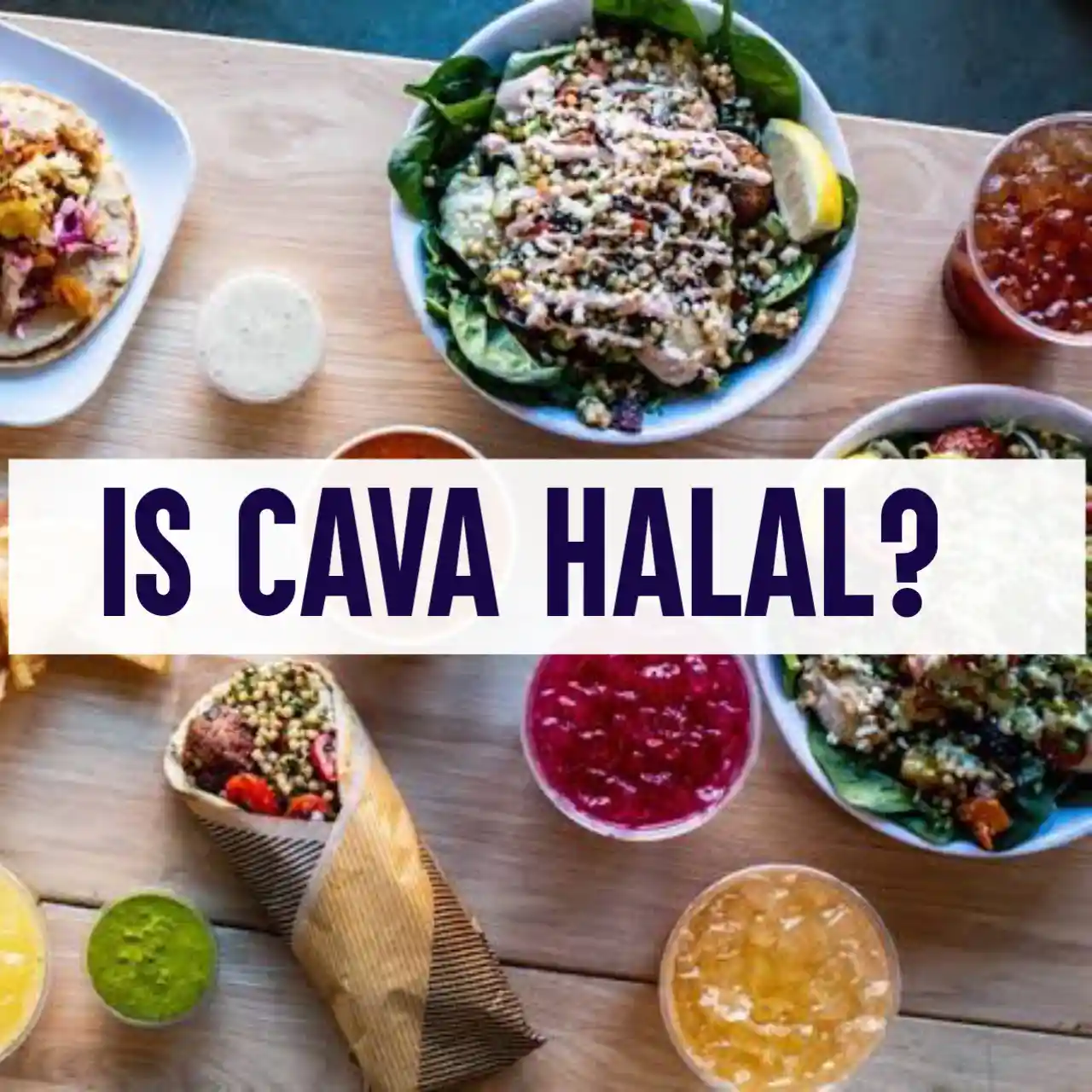
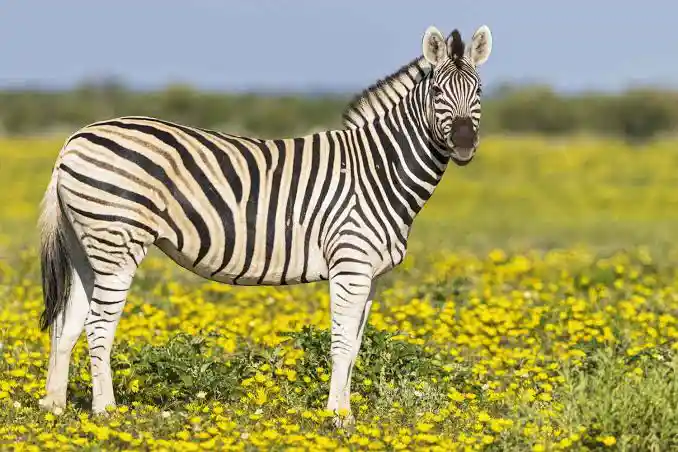
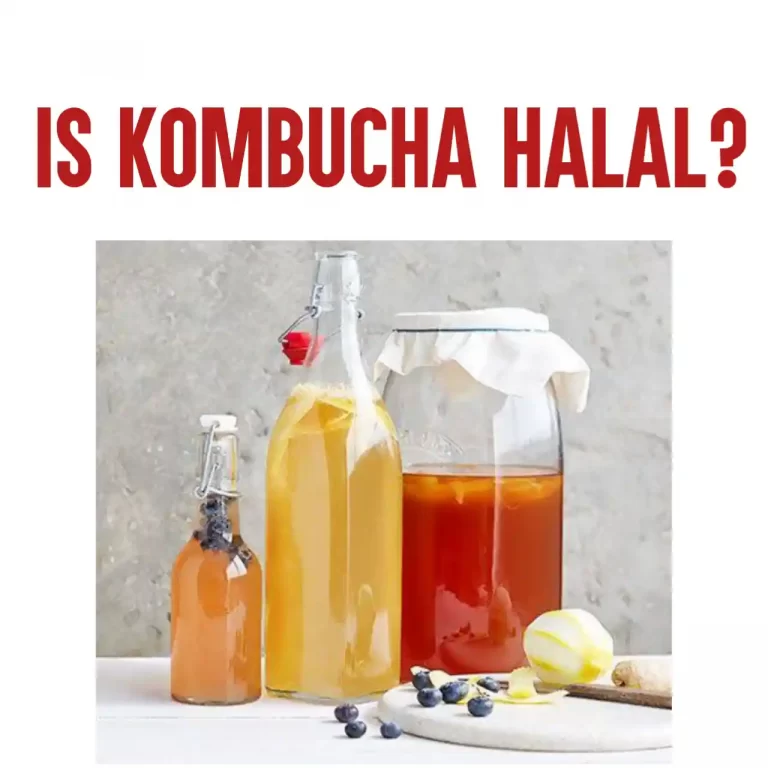
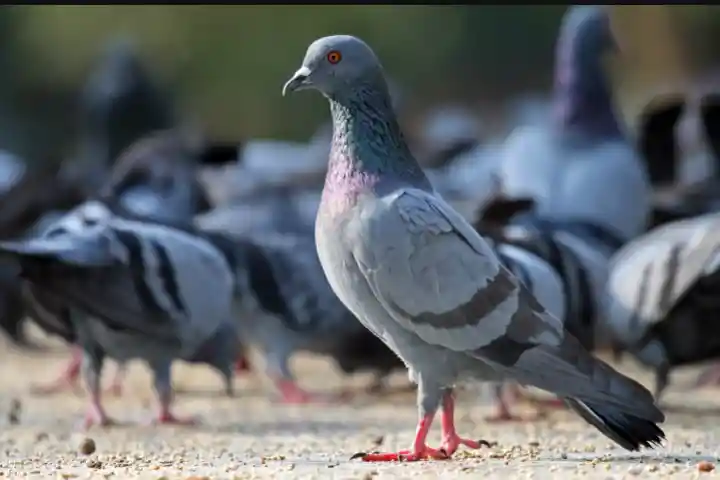
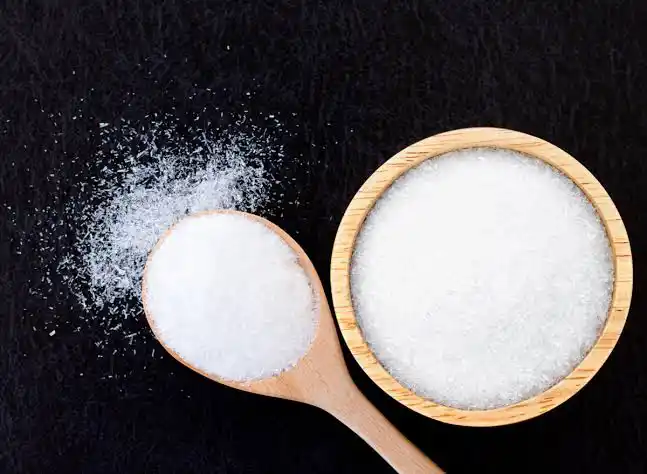


2 Comments